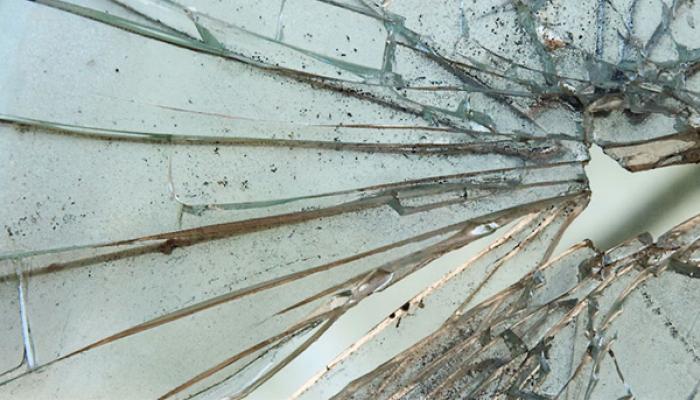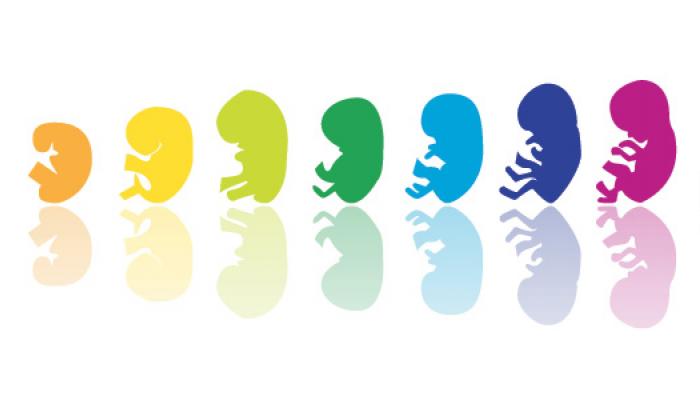
4.31 Чи маю я приймати своє тіло таким, яким воно є?
ог створив нас. Він також створив наші тіла і назвав їх храмом (I Кор. 6:19-20) I Кор. 6:19-20: Хіба ви не знаєте, що ваше тіло то храм Духа Святого, що живе Він у вас, якого від Бога ви маєте, і ви не свої? Бо дорого куплені ви. Отож прославляйте Бога в тілі своєму та в дусі своєму, що Божі вони!. Наші тіла – дар Божий. Коли ми свідомо завдаємо собі фізичних страждань або калічимо своє тіло без серйозної медичної причини, ми не відповідаємо на цей дар належним чином.
Наша зовнішність не є джерелом нашої цінності як людини! Ця цінність має своє джерело лише в Богові, Який дав нам наш вигляд і який любить нас такими, які ми є.
How should we treat our body?
The Fifth Commandment forbids also the use of violence against one’s own body. Jesus expressly demands that we accept and love ourselves: “You shall love your neighbor as yourself” (Mt 22:39).
Self-destructive acts against one’s own body (“body piercings”, cutting and so on) are in most cases psychological reactions to experiences of abandonment and a lack of love; hence they call first and foremost for our sincere and loving response. Within the context of organ donation, it must be made clear, however, that there is no human right to troy one’s own God-given body. [Youcat 387]
What sorts of acts violate the human right to bodily integrity?
This right is violated by the use of violence, kidnapping and hostage taking, terrorism, torture, rape, and forced sterilization as well as by amputation and mutilation.
These fundamental violations against justice, charity, and human dignity are not justified even when they are backed by government authority. Conscious of the historical guilt of Christians as well, the Church today fights against all use of physical or psychological force, especially against torture. [Youcat 392]
Is it permissible to experiment on a live human being?
Scientific, psychological, or medical experiments on a live human subject are allowed only when the results that can be expected are important for human well-being and cannot be obtained otherwise. Everything, however, must take place with the free and informed consent of the subject in question.
Moreover, the experiments must not be disproportionately risky. To make human beings the subjects of research against their will is a crime. The fate of the Polish resistance fighter Dr. Wanda Poltawska, a close confidant of Pope John Paul II, reminds us what was at stake then and still is now. During the Nazi period, Wanda Poltawska was a victim of criminal human experiments in the Ravensbrück concentration camp. Later Dr. Poltawska, a psychiatrist, advocated a reform of medical ethics and was among the founding members of the Pontifical Academy for Life. [Youcat 390]
Папа Бенедикт XVI говорив про «екологію людини», засновану на тому факті, що «людина також має природу, яку вона повинна поважати і якою вона не може розпоряджатися на власний розсуд»... Прийняття нашого тіла як Божого дару є життєво важливим для того, щоб вітати і прийняття весь світ як дар від Отця і наш спільний дім, тоді як думка, що ми маємо абсолютну владу над власним тілом, перетворюється, часто непомітно, на думку, що ми маємо абсолютну владу над творінням. Навчитися приймати наше тіло, піклуватися про нього та поважати його найповніший зміст — це важливий елемент будь-якої справжньої людської екології. Крім того, цінувати власне тіло в його жіночності чи маскулінності необхідно, якщо я збираюся розпізнати самого себе під час зустрічі з кимось, хто є інакшим. [Папа Франциск, Laudato Si, 155]





